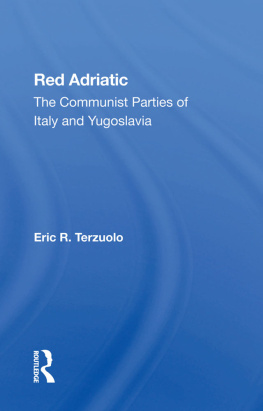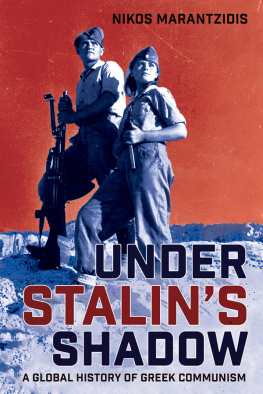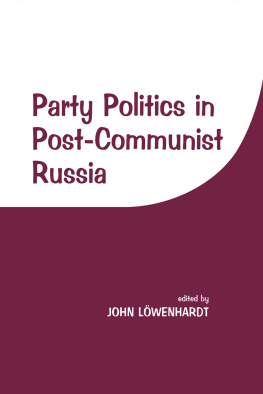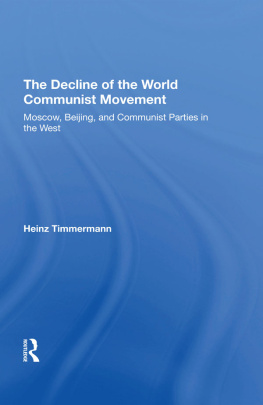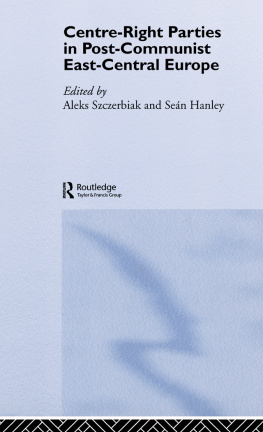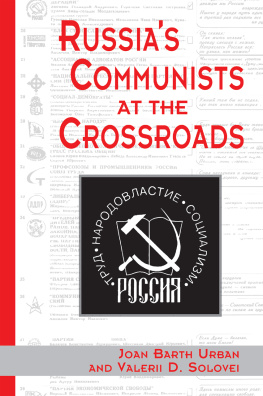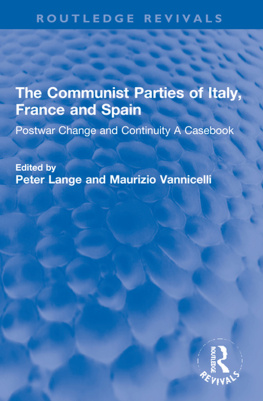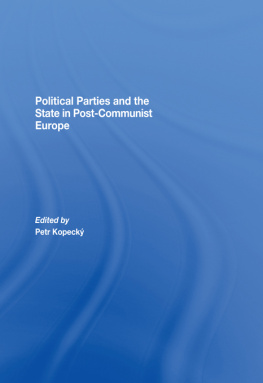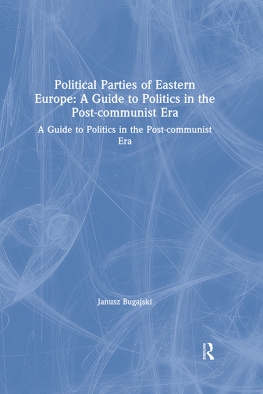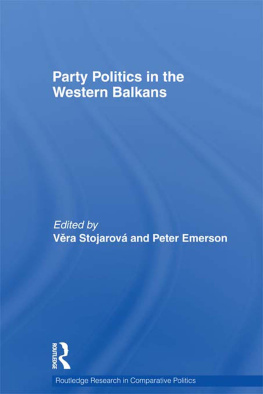Red Adriatic
Westview Special Studies
"The concept of Westview Special Studies is a response to the continuing crisis in academic and informational publishing. Library budgets for books have been severely curtailed. Ever larger portions of general library budgets are being diverted from the purchase of books and used for data banks, computers, micromedia, and other methods of information retrieval. Inerlibrary loan structures further reduce the edition sizes required to satisfy the needs of the scholarly community. Economic pressures on university presses and the few private scholarly publishing companies have greatly limited the capacity of the industry to properly serve the academic and research communities. As a result, many manuscripts dealing with important subjects, often representing the highest level of scholarship, are no longer economically viable publishing projectsor, if accepted for publication, are typically subject to lead times ranging from one to three years.
Westview Special Studies are our practical solution to the problem. As always, the selection criteria include the importance of the subject, the work's contribution to scholarship, and its insight, originality of thought, and excellence of exposition. We accept manuscripts in camera-ready form, typed, set, or word processed according to specifications laid out in our comprehensive manual, which contains straightforward instructions and sample pages. The responsibility for editing and proofreading lies with the author or sponsoring institution, but our editorial staff is always available to answer questions and provide guidance.
The result is a book printed on acid-free paper and bound in sturdy, library-quality soft covers. We manufacture these books ourselves using equipment that does not require a lengthy make-ready process and that allows us to publish first editions of 300 to 1000 copies and to reprint even smaller quantities as needed. Thus, we can produce Special Studies quickly and can keep even very specialized books in print as long as there is a demand for them.
About the Book and Author
All' European Communist parties define themselves largely in terms of their relationship, amicable or not, to the Communist Party of the Soviet Union. Consequently, most studies of relations between Communist parties emphasize interactions with the Soviets. However, not all the smaller European Communist parties interact strictly through the medium of Moscow.
There exists an extensive, genuinely bilateral aspect to the relationship between Italian and Yugoslav Communists. Both have tended to seek distinctively national paths and, to differing degrees, both have been at odds with the Soviets. The history of Italo-Yugoslav nationality and border disputes, as well as major differences in how the two Communist parties have approached those disputes, has done much to condition inter-party relations.
Red Adriatic is the first book to focus on relations between Communist parties in adjacent countries. As such, it offers insights, both practical and theoretical, into problems of inter-party relations. Based on archival sources, as well as on published materials, it also contributes to the individual historiographies of the Italian and Yugoslav Communist parties. The study speaks to several issues in comparative Communist studies, contrasting the different ways in which the two parties have adapted to national circumstances, balancing nationalism and internationalism, and to their different leadership styles.
Eric R. Terzuolo is a Foreign Service Officer, currently serving at the U.S. Embassy in Rome.
To my parents
Red Adriatic
The Communist Parties of Italy and Yugoslavia
Eric R. Terzuolo
First published 1985 by Westview Press, Inc.
Published 2019 by Routledge
52 Vanderbilt Avenue, New York, NY 10017
2 Park Square, Milton Park, Abingdon, Oxon OX14 4RN
Routledge is an imprint of the Taylor & Francis Group, an informa business
Copyright 1985 Taylor & Francis
All rights reserved. No part of this book may be reprinted or reproduced or utilised in any form or by any electronic, mechanical, or other means, now known or hereafter invented, including photocopying and recording, or in any information storage or retrieval system, without permission in writing from the publishers.
Notice:
Product or corporate names may be trademarks or registered trademarks, and are used only for identification and explanation without intent to infringe.
Library of Congress Cataloging in Publication Data
Terzuolo, Eric R.
Red Adriatic.
Bibliography: p.
Includes index.
1. Partito comunista italiano. 2. Savez komunista Jugoslavije. 3. Communism--Italy. 4. Communism--Yugoslavia. I. Title.
JN5657.C63T39 1985 324.245'075 85-15310
ISBN 13: 978-0-367-28523-4 (hbk)
Relations between Communist parties have been the subject of considerable attention/ both scholarly and journalistic. Virtually all writing on the subject has emphasized ties between a given party and the Communist Party of the Soviet Union, or, in a few cases, the Chinese Communist Party. This should not lead us to assume automatically, however, that relations between Communist parties may be described completely by correlating each one's relationship to the Soviet party. In certain cases an exploration of direct intercourse between smaller national parties may be instructive.
The Communist parties of Italy and Yugoslavia present the possibility of such a study. Both have been strong parties, playing major or decisive roles within their respective countries. The balance between them is more nearly equal than that between either one and the Soviet party, although the Yugoslav party has, of course, acquired a degree of political power that the Italian Communists have yet to approach. Both parties currently are recognized for distinctiveness of approach, and have demonstrated varying degrees of independence with respect to the Soviets. Furthermore, the Italians and Yugoslavs are on the Communist "right wing," somewhat close to European socialist parties, and they have been intensely concerned with adapting to national circumstances.
As each has struggled to become more truly "national," it has had to confront questions involving a perceived national interest standing outside the boundaries of class analysis. One example is the Italo-Yugoslav territorial dispute generally referred to as the Trieste Question. Italian and Yugoslav Communists approached the Question in radically different ways, revealing significant distinctions in how each fused Marxism with national considerations. The fact that the Yugoslavs ascribed a far greater role to traditional nationalism did much to shape relations with the Italian party throughout the period under consideration. Overall, ties between the Yugoslav and Italian Communists say a great deal about the nature and extent of each party's progress toward "national communism."
In the course of research one accumulates many debts of gratitude. The International Research and Exchanges Board funded most of what became a research trip to Italy in 1979, after the Yugoslav government effectively denied me a research permit. I would like to thank Lucia Capodilupo for her patient support. The Department of History at Stanford University, through the David Harris Fellowships and Weter Grants, provided for completion of the research and the actual writing of the dissertation on which this study is based.

